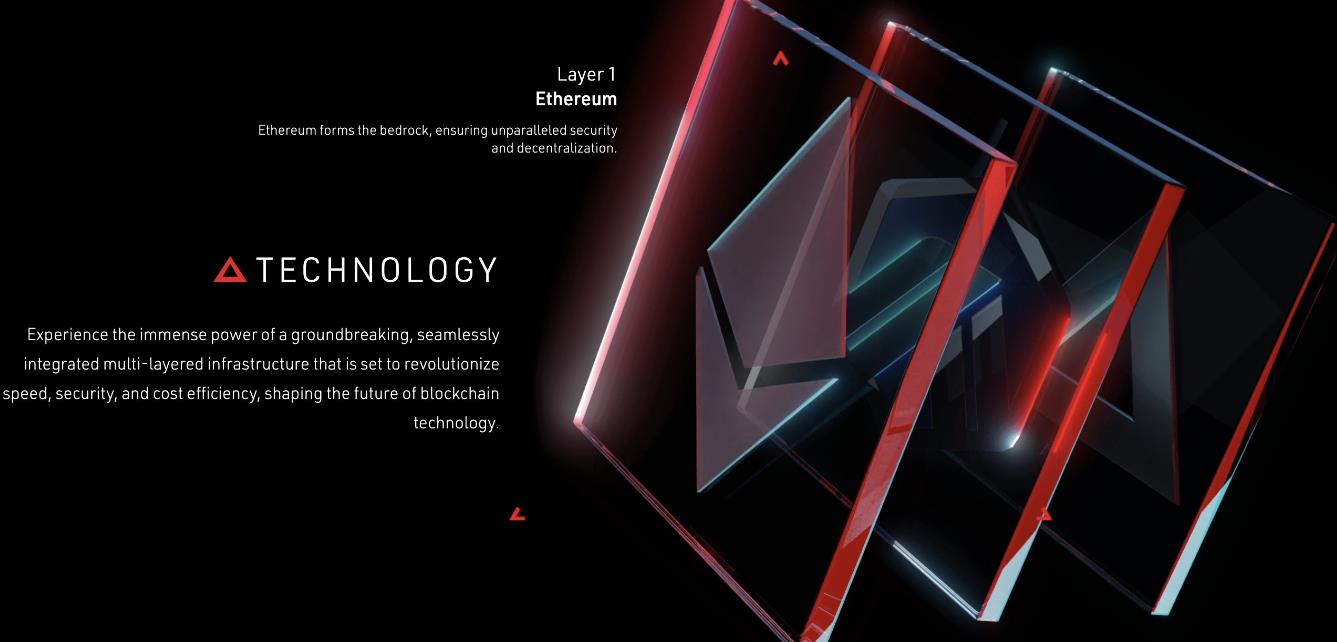Original Author: yyy (@y_cryptoanalyst)
Focusing on the Rollup track, the showdown between Arbitrum and Optimism is indeed exciting. Optimism, with its OP Stack, is expanding horizontally, while Arbitrum is taking a different approach with Arbitrum Orbit to initiate vertical L3 transformation. The Arbitrum team personally launched the first L3 - XAI based on Arbitrum Orbit and officially declared war on Optimism.
In my opinion, the launch of XAI holds strategic importance for Arbitrum, as it is a direct challenge to OP. Leveraging strong B-side resources, OP has successively promoted Binance and Coinbase to build L2 chains based on its OP Stack, significantly expanding the L2 ecosystem. At that time, Arbitrum seemed relatively unknown and made little movement. The rapid launch of XAI at the peak of OP's development does not seem coincidental.

Arbitrum Orbit
Before discussing XAI, it is necessary to talk about Arbitrum Orbit. Arbitrum Orbit is a universal modular L3 stack that allows developers to build dedicated L3 chains based on it, with transactions on L3 settled through Arbitrum L2 (Arbitrum One or Nova). XAI is built on Arbitrum Orbit and is focused on gaming scenarios.

Arbitrum Nova vs. XAI
Nova is a universal L2 focused on gaming scenarios, which should theoretically meet the needs of gaming scenarios. So why launch XAI? The reason is simple: compared to Nova's positioning as a public chain for games, XAI as a dedicated gaming L3 can achieve higher performance and have dedicated computing and storage resources, making resource-intensive use cases on the chain possible, such as computationally intensive AI models.
XAI directly benefits from Arbitrum's technology stack: Nitro+ BOLD+ Stylus. Nitro is an upgrade of One's technology stack. It directly compiles the core of Geth, which is the mainstream Ethereum client, through the basic layer of client software, achieving higher Ethereum compatibility. The differences between Arbitrum Nitro/One/Nova have been discussed separately and will not be reiterated here. (Related link)
BOLD
BOLD is a permissionless verification mechanism proposed by the Arbitrum team, aiming to minimize the settlement delay of states. In simple terms, for optimistic rollups, there is generally a one-week challenge period, during which users have to wait for a week to withdraw from L2 to L1. If validators find issues with the submitted L2 transactions during the challenge period, they can initiate a challenge.
There are two issues with these challenges: 1) Who has the authority to challenge? 2) Why can't anyone challenge?
The current fraud proof challenge mechanism is not permissionless and is carried out by specific roles acting as challengers. If challenges were permissionless, malicious challengers could prevent the confirmation of settlement states through continuous DDOS attacks.
For example, a normal withdrawal that should take a week to arrive may actually take longer.
By introducing the BOLD mechanism, verification can be achieved in a permissionless manner, which is more in line with the decentralized concept of blockchain. Additionally, it can minimize the delay of settlement states. BOLD allows a single honest validator to win disputes against any number of opponents on Ethereum, making DDOS attacks ineffective.
Stylus
Stylus is an open-source SDK developed by Arbitrum to support the construction of applications in multiple languages. It is a product that achieves EVM+ compatibility. In short, developers can build applications on Arbitrum using traditional Solidity language as well as WASM-compatible languages such as Rust, C, and C++. Furthermore, Stylus makes Dapps execution more efficient, significantly reducing gas costs.
Stylus is not limited to supporting Rust, C, and C++, but also includes Move, Sway, Cairo, and Go, among others. Imagine in the future, dApps on Aptos/Fuel/StarkNet can be seamlessly migrated to Arbitrum. It may even be possible to implement one-click L3 chain upgrades through Arbitrum Orbit.
What's more interesting is that BOLD and Stylus are both universal modular components. Developers can launch specific use case L3 chains based on Arbitrum Orbit, integrating BOLD and Stylus natively, or through decentralized DAO governance, decide to integrate these modular components after the L3 is launched and running smoothly.
XAI has fired the first shot in the defense battle of Arbitrum L2, and the showdown with Optimism may have just begun.
免责声明:本文章仅代表作者个人观点,不代表本平台的立场和观点。本文章仅供信息分享,不构成对任何人的任何投资建议。用户与作者之间的任何争议,与本平台无关。如网页中刊载的文章或图片涉及侵权,请提供相关的权利证明和身份证明发送邮件到support@aicoin.com,本平台相关工作人员将会进行核查。




